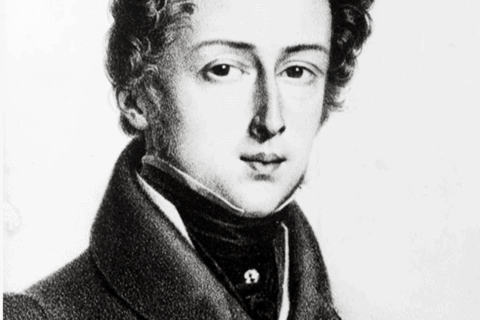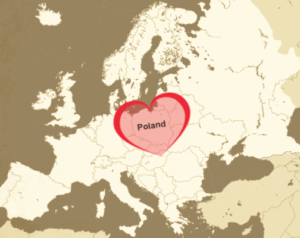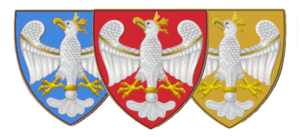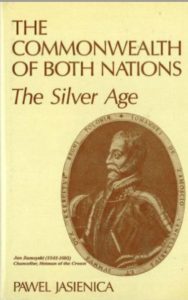by Beata Paszyc and Melissa Szwanke
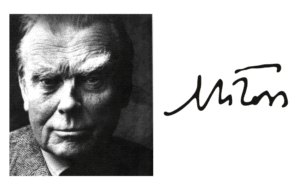 In Poland and Lithuania, the year 2011 is o cially be-ing observed as Miłosz Year, commemora ng the 100th anniversary of the birth of Nobel Prize winning poet Czesław Miłosz. To celebrate the anniversary of his birth, a wide range of cultural events are planned in Po-land, Lithuania, France and the United States.
In Poland and Lithuania, the year 2011 is o cially be-ing observed as Miłosz Year, commemora ng the 100th anniversary of the birth of Nobel Prize winning poet Czesław Miłosz. To celebrate the anniversary of his birth, a wide range of cultural events are planned in Po-land, Lithuania, France and the United States.
As part of the celebra ons, fragments of Miłosz’s works were illuminated outside at Wawel Hill in both English and in Polish. “We’re going to project the images not only on the Wawel walls, we are also going to show the text on the surface of the river and on the trees all around,” Jenny Holzer, American ar st and 1990 Venice Biennial winner, who prepared the “For Kraków” proj-ect specially for the 3rd ArtBoom Fes val in Kraków. The poems were shown daily, from June 10-24, 2011, at 9:00 p.m., on the walls of the Royal Wawel Castle.
Milosz was born June 20, 1911 in Szetejnie, Lithuania. He won the Nobel Prize for Literature in 1980. As a poet, prose writer, essayist, and translator he won many other pres gious literary awards. His work has been translated into 42 languages.
His youth was spent in Wilno and he lived out the Ger-man occupa on in Warsaw. A er the war he worked in the diploma c service of the People’s Republic in the USA and in France un l 1951, when he appealed for po-li cal asylum in Paris.
From 1960 to 1989 he lived in California where he spent twenty years as a professor of Slavic languages and lit-erature, lecturing at Berkeley University. Un l 1989 he mainly published in the Paris émigré journal “Kultura” and in the Polish underground press. A er 1989 he lived in Berkeley and in Kraków. He died on August 14, 2004 in Kraków, Poland. Miłosz’s poetry is rich in visual-sym-bolic metaphor. Critics say he transcends genre.
Some of Miłosz’s works include:
The World: Naive Poems (1943) about the German occupa on in WWII; Six Lectures in Verse from the volume Chronicles (1987);The Seizure of Power (1953), about the installa on of commu-nism in Poland; The Issa Valley (1955), the semi-autobiographical tale of growing up and the loss of innocence; The Cap ve Mind(1953), a classic essay of the literature of totalitarianism; Na ve Realm (1959), one of the best studies of the evolu on of the Cen-tral European mentality; The Land of Ulro (1977), a sort of intel-lectual and literary autobiography; The Witness of Poetry (1982);The Metaphysical Pause (1995) and Life on Islands (1997).
Polish laureates of the Nobel Prize for Literature
Henryk Sienkiewicz (1905)
Władysław Reymont (1924)
Czesław Miłosz (1980)
Wisława Szymborska (1996)
Olga Tokarczuk (2018)
